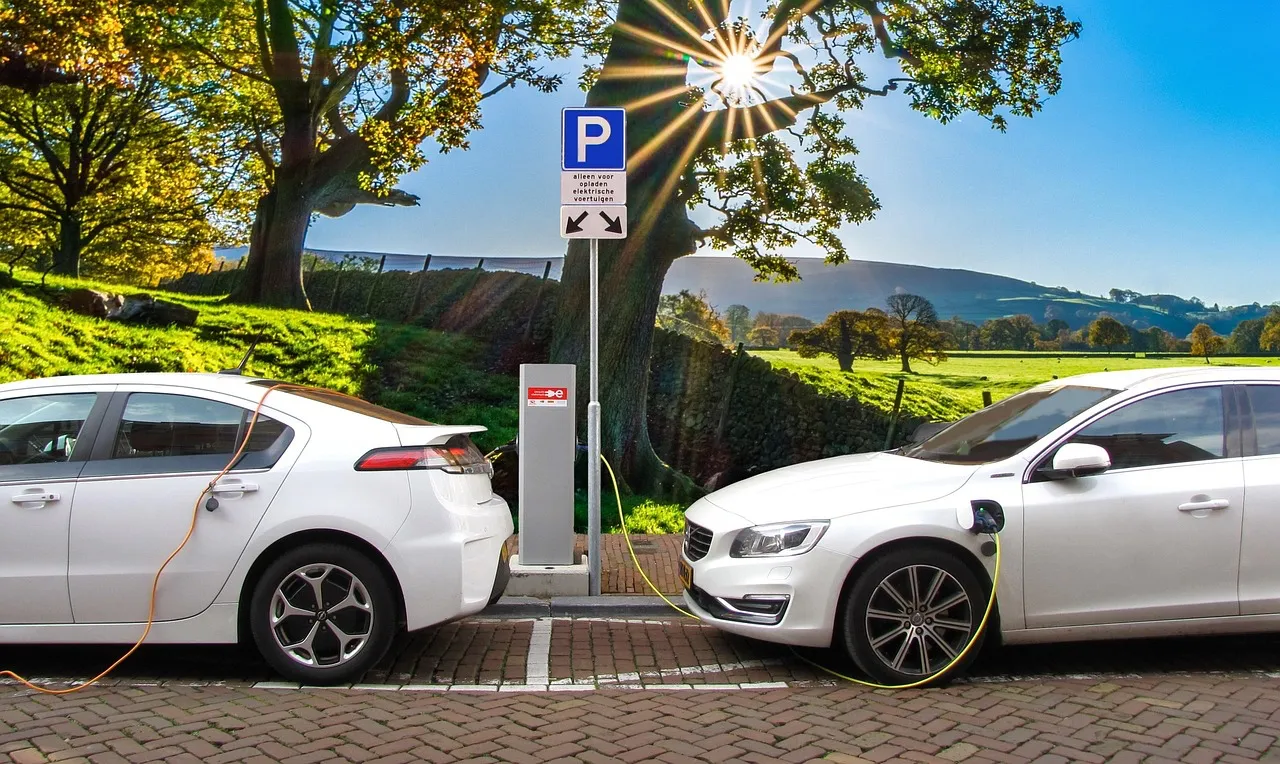
Electric vehicles (EVs) are changing the future of driving with their efficiency, eco-friendliness, and lower operating costs. But if you’re considering switching from a traditional gas-powered car to an EV, you might be wondering about maintenance. How different is it? What should you expect?
Let’s dive into the key differences between EV maintenance and gas car maintenance, and how you can keep your electric vehicle in top shape.
What Maintenance Does an EV Need?
EVs have fewer moving parts than internal combustion engine (ICE) vehicles. That means fewer things that can wear out or fail. Here’s what you still need to maintain regularly:
1. Battery Health
The battery is the heart of an EV and requires careful monitoring.
Checklist:
- Keep the battery charged within the manufacturer’s recommended range (usually 20%-80%).
- Avoid extreme temperatures when possible.
- Follow regular battery inspections during service visits.
Tip: Most EV batteries come with long warranties — typically 8 years or 100,000 miles.
2. Brake System
EVs use regenerative braking, which slows the car and recharges the battery at the same time. This system reduces wear on the traditional brakes but doesn’t eliminate the need for maintenance.
Checklist:
- Check brake pads and rotors periodically.
- Replace brake fluid as recommended by the manufacturer.
Tip: Expect longer brake pad life compared to gas vehicles.
3. Tire Maintenance
EVs are heavier than gas cars due to their battery packs, which puts more strain on tires.
Checklist:
- Rotate tires regularly (every 5,000–7,500 miles).
- Monitor tire pressure frequently.
- Replace tires as needed with EV-rated options.
4. Cooling Systems
Some EVs use liquid cooling to maintain optimal battery and motor temperatures.
Checklist:
- Check coolant levels according to the service schedule.
- Replace coolant if necessary (typically after several years).
5. Software Updates
Unlike gas cars, EVs often receive over-the-air (OTA) updates that improve performance, range, or add features.
Checklist:
- Ensure your car’s software is up to date.
- Visit a dealer if major system updates require professional installation.
What EVs Don’t Need Compared to Gas Cars
One of the biggest advantages of owning an EV is what you don’t have to worry about:
- No oil changes: EVs don’t use engine oil.
- No spark plugs, fuel filters, or timing belts: These parts don’t exist in EVs.
- No exhaust system repairs: EVs don’t have mufflers, catalytic converters, or tailpipes.
- Fewer fluid changes: Transmission fluids and other lubricants are minimal and long-lasting.
These differences translate into less frequent maintenance and lower costs over the life of the vehicle.
Common EV Maintenance Myths
Let’s clear up a few misconceptions:
- Myth: EV batteries die after a few years.
Fact: Most EV batteries are designed to last well over 100,000 miles with proper care. - Myth: EV maintenance is more complicated.
Fact: While EV technology is different, routine maintenance is often simpler and less time-consuming. - Myth: Only dealers can service EVs.
Fact: Many independent shops are now trained and certified to work on EVs.
Final Thoughts
Owning an electric vehicle comes with many maintenance advantages — fewer parts to service, lower long-term costs, and a simpler maintenance schedule. However, proper care of critical systems like the battery, brakes, tires, and cooling systems is essential to keep your EV running efficiently for years to come.
Whether you already drive an EV or are considering making the switch, understanding these maintenance differences will help you get the most out of your investment.
For more expert tips on vehicle care, EV ownership, and the latest automotive news, explore the rest of our blog.






Leave a Reply